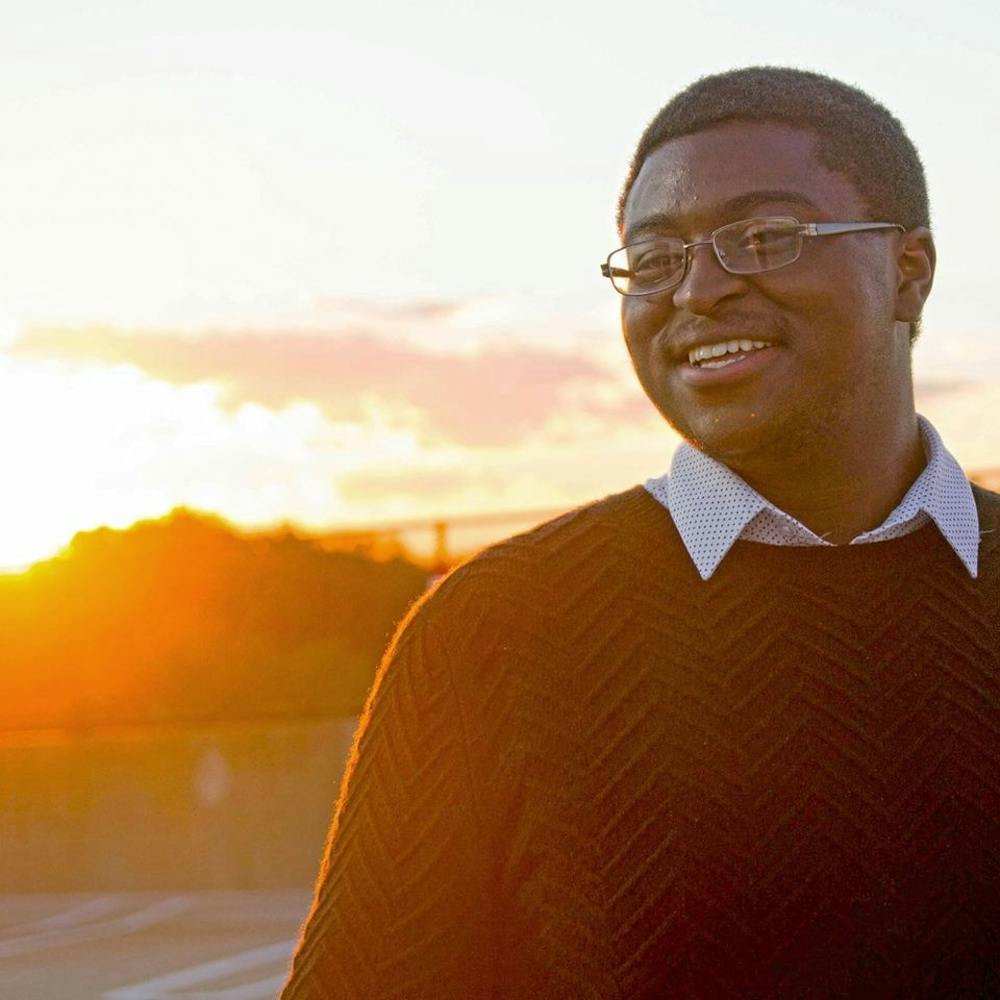For as long as I’ve been a student at American University and a member of our Student Government, I’ve been asked, “but what does SG do?” more times than I could count. The answer to that question lies in the objectives and methods of each AUSG administration. This year, our Student Government will have a renewed focus beyond the notions of equality and acceptance, to also cover equity, inclusion and forward-thinking progress.
One of the major initiatives we’re working on is providing accessible menstrual products for students who need them. Access to healthcare products such as tampons and pads is a right, one that many people are denied due to socioeconomic status and other social reasons. Those products are expensive and, as a university that champions progressivism and social justice, we have the responsibility to ensure that students have access to the healthcare items they need to survive. By doing so, students of lower socioeconomic statuses will be able to focus on their academic, professional and personal development, as all college students do, without having to worry about how they will be able to access these necessary items. As New York City Councilwoman Julissa Ferreras stated in her push for menstrual equity in New York, menstrual products are as necessary as toilet paper -- a notion I completely agree with.
Another goal we’re working towards is instituting free summer housing for students who seek summer internships. Washington, D.C., is an expensive city to live in, and many students don’t have the means to live here over the summer. At AU, there is an intense intern culture across campus. As of 2015, eighty-six percent of AU undergraduates participate in at least one internship; in the School of Public Affairs, that number is even higher, reaching ninety percent. Students from across the country--and the world--come to AU because we are known for our internship and professional development resources.
But it’s no secret that internships are oftentimes an unpaid luxury that many students cannot afford. Only 40% of internships offer hourly pay, meaning that the vast majority of internships are inaccessible to students who cannot afford to participate in them. AU has the Eagle Internship Fund, an incredible program that provides stipends during the academic year and the summer to students who are interning and meet certain criteria. However, the money students would receive from the program over the summer would not be enough to cover housing and other costs of living. As a community, we should continue to make professional resources as accessible to everyone as possible.
The third major initiative we’re working on is establishing an iteration of the Ban the Box campaign. What started as a push to remove the initial question on job applications about an applicant’s criminal history has recently expanded, moving on to also target the question asked on the Common Application for colleges and universities. By eliminating the question in the early phases of the application process, we give those with a criminal record a fair chance at obtaining a formal education at AU. Asking the question can result in either denying admission to those with a record because of our unconscious biases, or preventing those with criminal records from applying after they see the question because they don’t believe they have a chance to begin with. In soliciting that information after granting admission in order to consider it in its full context, and not letting it have bearing on the initial admission, we send the message that we have the responsibility to be champions of educational equity.
Of course those are not the only issues that we will be focusing on. We are in the midst of a year that will define our university for generations to come; a year that will determine how the school’s budget will be allocated, who our next university president is, what our current priorities are as a community and what they will continue to be beyond our time at AU. However, there is also immense value in expanding our reach outside of just AU to become more involved in broader social change.
It's important to remember that Student Government is not the be-all and end-all for change on our campus. Oftentimes, Student Government isn’t even the creator of change, but rather a medium that facilitates it. Just look at EmpowerAU, a program Student Government helped produce, but is nonetheless a product of the activism of those in Students Against Sexual Violence.
My plan is to utilize the capacity for change AUSG has to continue to lift up the voices of our activists, but also initiate changes with a specific focus on equity for our black and brown, poor and queer students. They are the ones most impacted by my initiatives and the ones who are most often structurally disadvantaged and oppressed. Racism, classism and queerphobia permeate institutions everywhere, and it is our job as leaders to help dismantle those systems of oppression from whatever platform we have been given. All students deserve equitable access to necessary resources, not regardless of their identities and backgrounds, but because of them.
I envision an AUSG and AU community that both unequivocally promote equity -- a vision that will soon be reality. At the end of the day, this is going to be a year about our principles, and ensuring that we live up to them in order to create a more equitable community for all.
Devontae Torriente is a junior in the School of Public Affairs and the 2016-17 Student Government president.
edpage@theeagleonline.com





